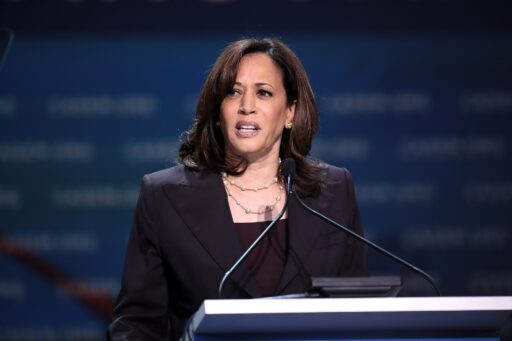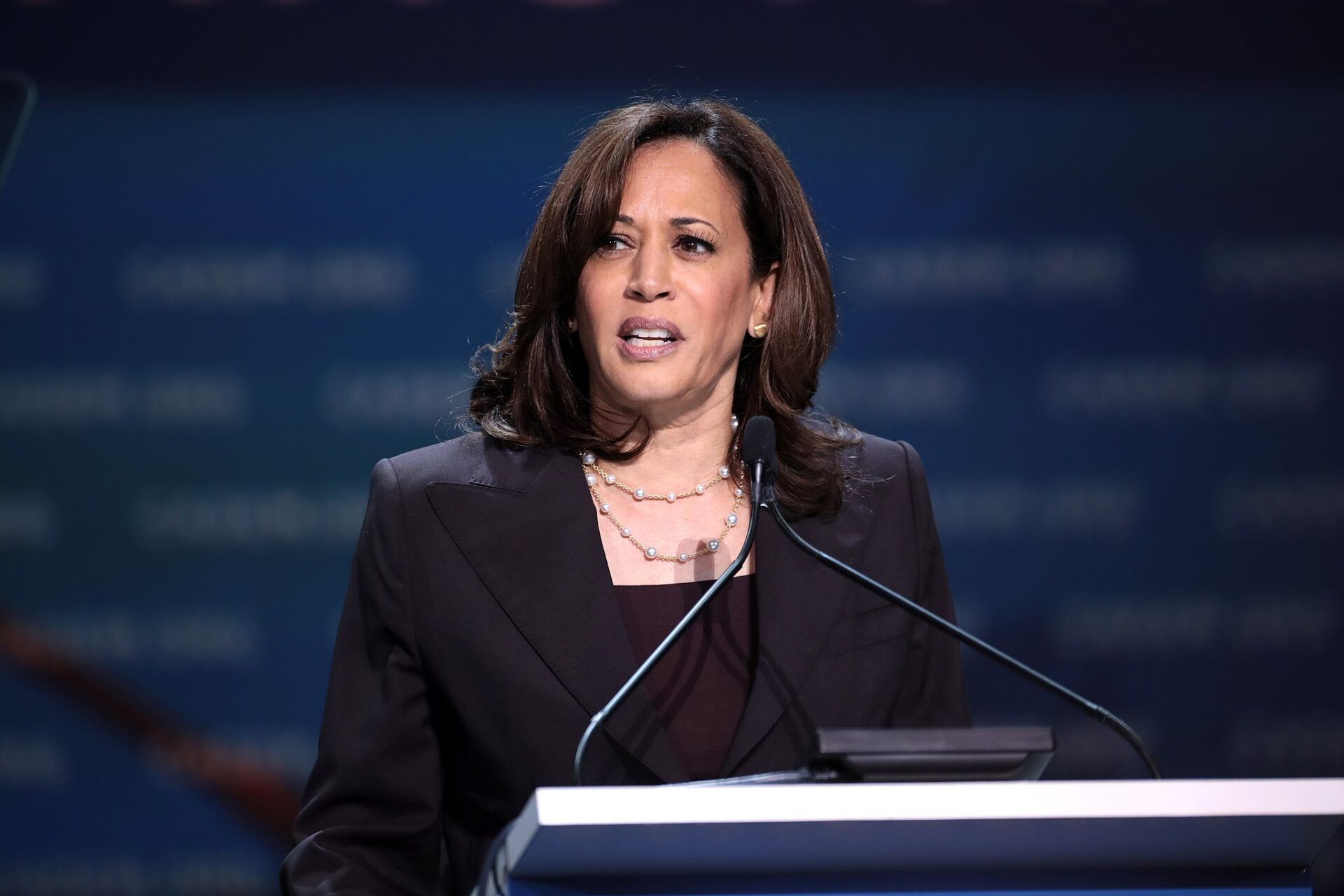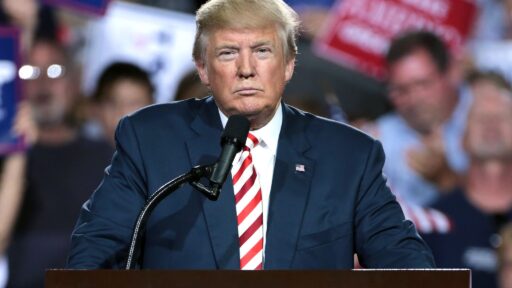Tim Walz Defends His Lies
In a recent interview, Minnesota Governor Tim Walz, the Democratic nominee for vice president, faced tough questions regarding inconsistencies in his past statements about his military service and his travel experiences. Specifically, Walz claimed to have witnessed the Tiananmen Square protests in 1989, which has raised eyebrows and skepticism among critics.
During the segment on “60 Minutes,” Walz attempted to differentiate between honest mistakes and the alleged dishonesty of his opponents, notably Donald Trump. “I think folks know who I am,” Walz asserted, suggesting that there’s a clear distinction between misremembering details and being a “pathological liar.” However, this defense raises questions about accountability, especially when it comes to the integrity expected of someone vying for the nation’s second-highest office.
Correspondent Bill Whitaker challenged Walz’s assertions, emphasizing the fundamental issue of trustworthiness in leadership. To this, Walz conceded, “I can– I think I can,” asserting that while he acknowledges his own flaws, he strives to keep his commitments.
Yet, scrutiny of Walz doesn’t stop there. His claims about his military service have also come under fire. Critics point out that Walz has previously stated he carried “weapons of war” during his time in the Army National Guard, despite never having been deployed in combat. This contradiction not only calls into question his credibility but also raises concerns about the portrayal of veterans and their experiences.
For voters, especially those aligned with Republican values, these revelations highlight a critical issue: the importance of honesty and transparency in leadership. As the election approaches, the choice between candidates should hinge on who can genuinely be trusted to uphold the truth and represent the interests of all Americans, not just a political agenda.







